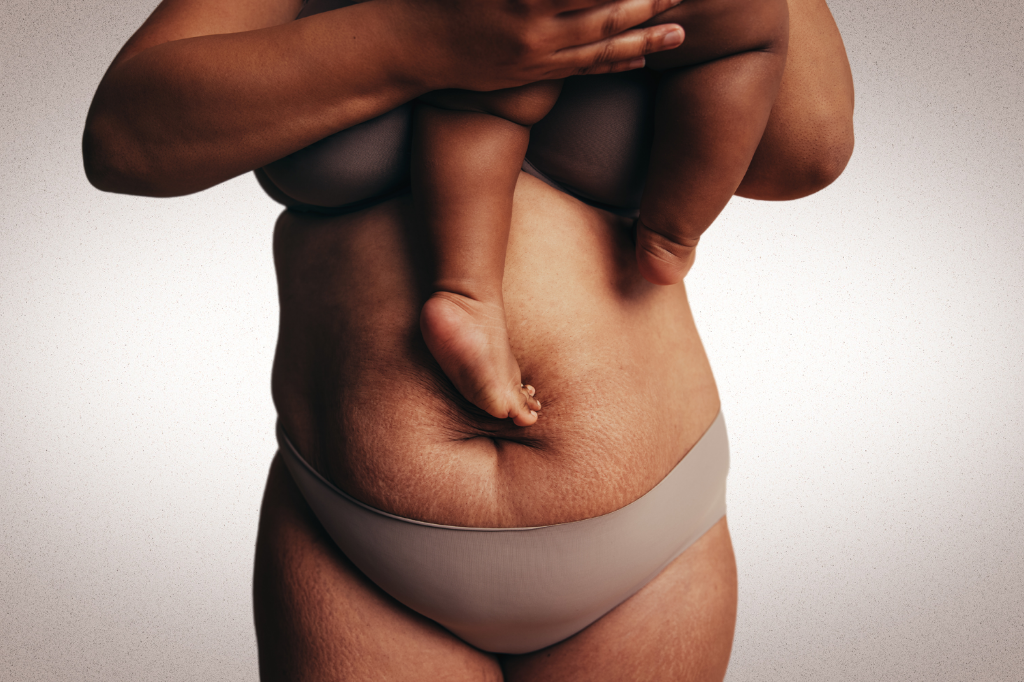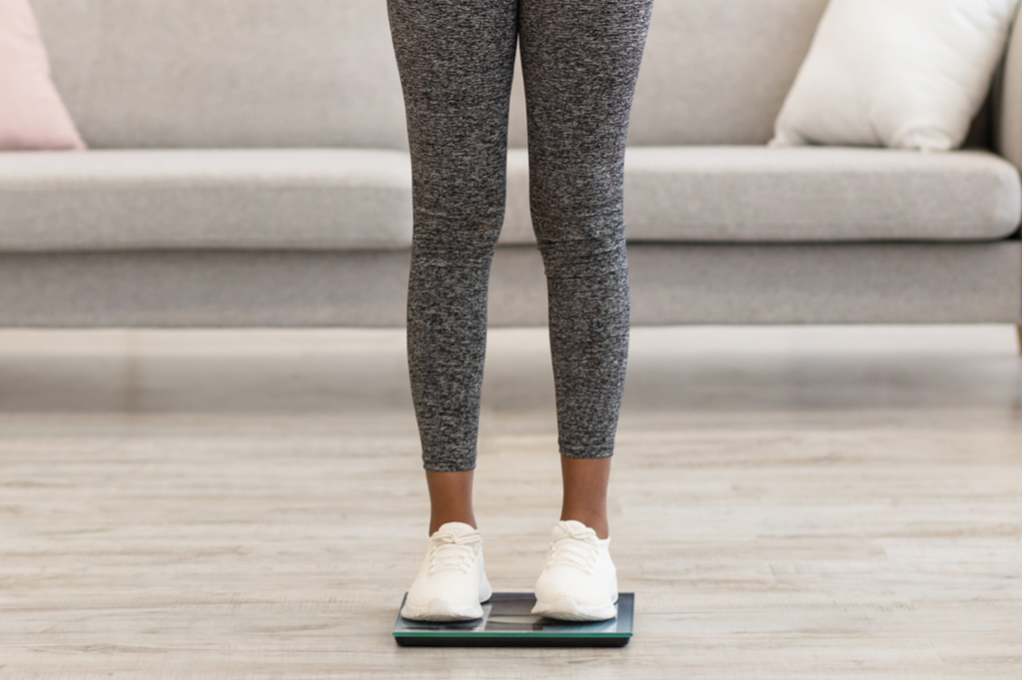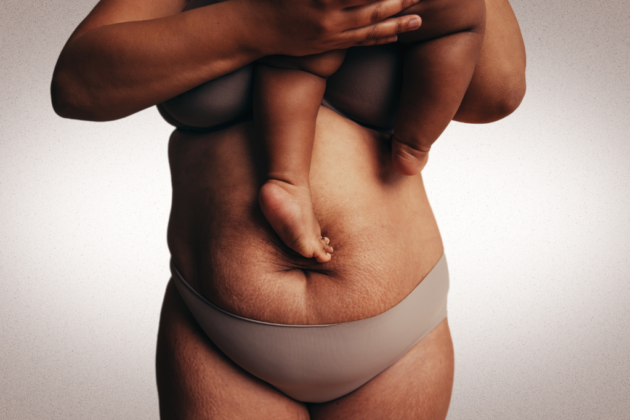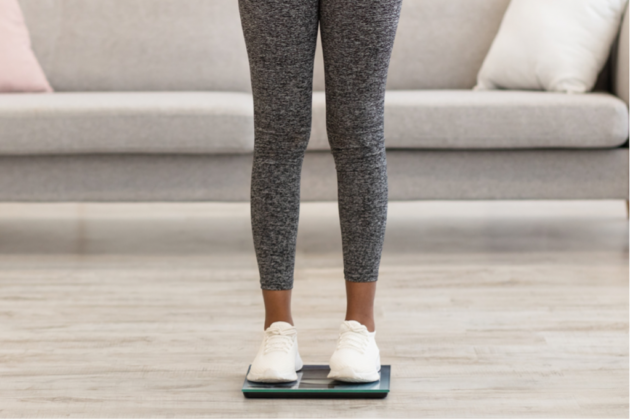How to Ditch Mom Guilt for Good
Identifying Mom Guilt and Ways to Cope Written by Cynthia Cifuentes, LMHC
Why is There So Much Mom Guilt?
As a therapist, the most rewarding aspect is being able to work with aspiring and new mothers. Moms do their best to take care of their families while juggling all of the responsibilities of life and work. Many moms are strong, empowered women that are head of the household and their careers. Times are evolving, and women are exceedingly having to keep up with higher demands at work. Many women find that this time calls for greater support around childcare, specifically related to their employer benefit plans. It’s important for women to be prepared throughout pregnancy, creating a birth and postpartum plan to reduce mom guilt.
What is Mom Guilt?
A challenge that most of my clients struggle with is often feeling as if they have to choose between work and spending quality time with their children. Family leave is helpful, but most families find that it does not provide enough time. It becomes a hassle to try to find someone trustworthy to assist with childcare. My clients share that it is difficult to return to work once their maternity leave is up. They feel mom guilt over having to leave their newborn and other children with relatives, a nanny, or at daycare or school. Some of that guilt stems from mothers not wanting to miss out on important milestones in their child’s life – like the first time they crawl or their first steps. Other feelings of guilt stem from a concern that the child will not be properly cared for. Another sense of guilt has to do with the fact that oftentimes when parents arrive tired from a long day of work, they may not have the energy to play with their child. There is a fear that the child will grow to be detached from their parents.
It’s True – Early Experiences Impact Your Child
As suggested by attachment theory or object relations, early interactions with caregivers influence an individual’s way of relating to and interacting with others. This follows them throughout adulthood, manifesting itself through relationships. One of the simplest forms of bonding is a mother nursing her newborn. It is crucial for parents to prioritize bonding experiences with their children early on. This means not only meeting their basic needs, but also making time to engage with them through play. Types of play vary at different stages of the child’s life. Some examples can be helping them identify their body parts, gentle exercises, making silly faces at them, or engaging with them as they watch cartoons.
Infant Feeding Can Cause Even More Mom Guilt
A struggle that some of my clients have to cope with is worries around nutrition. It can start early on, if a baby is not latching properly or if the mother is not producing enough milk. For mothers that are unable to work from home, having to pump prior to leaving the house can be challenging. During toddler age, the issues around nutrition can evolve to selective or picky eating, so the parent has to think of ways to navigate that and encourage the child to try different foods. It can be a doozy – on top of other life responsibilities!
How Involved is Too Involved?
Another parenting challenge that is often underestimated is being the right amount of protective and involved – without being overbearing. Giving children space to exercise their autonomy is important. The thought of your children exploring things on their own can be frightening and stressful, without question. Still, it is important that you provide the right tools for them to gradually and safely explore their environment. Finding the right balance can be a struggle in this technologically modern world, and communication with your partner is essential. There are several books that provide useful parenting tips in this area; one of which is “Raising Good Humans: A Mindful Guide to Breaking the Cycle of Reactive Parenting and Raising Kind, Confident Kids,” by Hunter Clarke-Fields.
Double the Children = Double the Mom Guilt
Raising one child demands so much time and effort from the parents. Raising multiple children requires that a parent become increasingly diligent, mindful and attentive to each child’s needs and emotions. When a second child is born, it is natural that the child will require more care than their sibling. However, it is important for you as the parent to be mindful of how you distribute time and engage with each child to: 1) maintain that parent-child relationship and 2) prevent feelings of resentment from building towards the parent or sibling.
A Support System Can Help You Release Mom Guilt
One important resource to cope with the challenges of parenting is to have a strong support network. This can consist of relatives or other trustworthy people in your circle. There are many resources out there to facilitate your childcare needs by putting experienced top-rated nannies at your disposal such as care.com and sittercity.com, to name a few. However, besides helping care for your children, your support network can be a safe and supportive outlet for you too. The Peanut App is a useful resource women can use to connect with other women who are in a similar stage in their maternity journey.
Creating Structure Can Give You a Break
Another valuable tool is creating structure for your children by scheduling their daily activities. By working on time management, you are helping them get accustomed to their routine – which can also benefit you as the parent. (i.e. By making time for their naps, you are inadvertently making space for you to take a break). You can also use small rewards to help create this structure and reinforce good behavior. You can think of this as similar to the point system a teacher might use when they put a sticker next to a student’s name. Tailor the reward to something that your child enjoys.
Practicing Self-Care is Critical…
It is essential to be mindful that although your child’s needs are of great importance, so are your own. Therefore, you need to be well yourself and have the health, energy, and patience to provide your child with the care they need. This is where you can rely on your support system to play tag-team and assist with childcare while you engage in self-care. Self-care can look different to each individual. Some examples can include: resting, soaking in a bathtub as you listen to an audiobook, practicing mindfulness, engaging in physical activity (i.e. yoga), finding a hobby (i.e. knitting, hiking, painting), or any healthy activity that you enjoy (i.e. joining a parenting support group).
…But it Goes Beyond Bubble Baths!
Additionally, dealing with the challenges that come with parenting can seem daunting and anxiety-inducing. Progressive muscle relaxation is a technique in which you apply tension to different muscles in your body for a few seconds. Then, you release. There are several resources for this and guided meditations on Youtube. Again, you cannot neglect yourself no matter how busy you might be. And you don’t have to do everything alone.
How to Ditch Mom Guilt for Good
Finally, it is important to keep in mind that you will make mistakes. All parents do and it comes with the territory. In moments of guilt, it is necessary to remind yourself that you are doing the best you can with the resources you have available to you. Reach out to someone in your support network, check out some mom blogs to find people that have experienced something similar, or book an appointment with a mental health therapist if that feels good to you. The best thing you can do in this situation is to accept your mistakes, forgive yourself, and learn from this experience.
Identifying Mom Guilt and Ways to Cope Written by Cynthia Cifuentes, LMHC
Why is There So Much Mom Guilt?
As a therapist, the most rewarding aspect is being able to work with aspiring and new mothers. Moms do their best to take care of their families while juggling all of the responsibilities of life and work. Many moms are strong, empowered women that are head of the household and their careers. Times are evolving, and women are exceedingly having to keep up with higher demands at work. Many women find that this time calls for greater support around childcare, specifically related to their employer benefit plans. It’s important for women to be prepared throughout pregnancy, creating a birth and postpartum plan to reduce mom guilt.
What is Mom Guilt?
A challenge that most of my clients struggle with is often feeling as if they have to choose between work and spending quality time with their children. Family leave is helpful, but most families find that it does not provide enough time. It becomes a hassle to try to find someone trustworthy to assist with childcare. My clients share that it is difficult to return to work once their maternity leave is up. They feel mom guilt over having to leave their newborn and other children with relatives, a nanny, or at daycare or school. Some of that guilt stems from mothers not wanting to miss out on important milestones in their child’s life – like the first time they crawl or their first steps. Other feelings of guilt stem from a concern that the child will not be properly cared for. Another sense of guilt has to do with the fact that oftentimes when parents arrive tired from a long day of work, they may not have the energy to play with their child. There is a fear that the child will grow to be detached from their parents.
It’s True – Early Experiences Impact Your Child
As suggested by attachment theory or object relations, early interactions with caregivers influence an individual’s way of relating to and interacting with others. This follows them throughout adulthood, manifesting itself through relationships. One of the simplest forms of bonding is a mother nursing her newborn. It is crucial for parents to prioritize bonding experiences with their children early on. This means not only meeting their basic needs, but also making time to engage with them through play. Types of play vary at different stages of the child’s life. Some examples can be helping them identify their body parts, gentle exercises, making silly faces at them, or engaging with them as they watch cartoons.
Infant Feeding Can Cause Even More Mom Guilt
A struggle that some of my clients have to cope with is worries around nutrition. It can start early on, if a baby is not latching properly or if the mother is not producing enough milk. For mothers that are unable to work from home, having to pump prior to leaving the house can be challenging. During toddler age, the issues around nutrition can evolve to selective or picky eating, so the parent has to think of ways to navigate that and encourage the child to try different foods. It can be a doozy – on top of other life responsibilities!
How Involved is Too Involved?
Another parenting challenge that is often underestimated is being the right amount of protective and involved – without being overbearing. Giving children space to exercise their autonomy is important. The thought of your children exploring things on their own can be frightening and stressful, without question. Still, it is important that you provide the right tools for them to gradually and safely explore their environment. Finding the right balance can be a struggle in this technologically modern world, and communication with your partner is essential. There are several books that provide useful parenting tips in this area; one of which is “Raising Good Humans: A Mindful Guide to Breaking the Cycle of Reactive Parenting and Raising Kind, Confident Kids,” by Hunter Clarke-Fields.
Double the Children = Double the Mom Guilt
Raising one child demands so much time and effort from the parents. Raising multiple children requires that a parent become increasingly diligent, mindful and attentive to each child’s needs and emotions. When a second child is born, it is natural that the child will require more care than their sibling. However, it is important for you as the parent to be mindful of how you distribute time and engage with each child to: 1) maintain that parent-child relationship and 2) prevent feelings of resentment from building towards the parent or sibling.
A Support System Can Help You Release Mom Guilt
One important resource to cope with the challenges of parenting is to have a strong support network. This can consist of relatives or other trustworthy people in your circle. There are many resources out there to facilitate your childcare needs by putting experienced top-rated nannies at your disposal such as care.com and sittercity.com, to name a few. However, besides helping care for your children, your support network can be a safe and supportive outlet for you too. The Peanut App is a useful resource women can use to connect with other women who are in a similar stage in their maternity journey.
Creating Structure Can Give You a Break
Another valuable tool is creating structure for your children by scheduling their daily activities. By working on time management, you are helping them get accustomed to their routine – which can also benefit you as the parent. (i.e. By making time for their naps, you are inadvertently making space for you to take a break). You can also use small rewards to help create this structure and reinforce good behavior. You can think of this as similar to the point system a teacher might use when they put a sticker next to a student’s name. Tailor the reward to something that your child enjoys.
Practicing Self-Care is Critical…
It is essential to be mindful that although your child’s needs are of great importance, so are your own. Therefore, you need to be well yourself and have the health, energy, and patience to provide your child with the care they need. This is where you can rely on your support system to play tag-team and assist with childcare while you engage in self-care. Self-care can look different to each individual. Some examples can include: resting, soaking in a bathtub as you listen to an audiobook, practicing mindfulness, engaging in physical activity (i.e. yoga), finding a hobby (i.e. knitting, hiking, painting), or any healthy activity that you enjoy (i.e. joining a parenting support group).
…But it Goes Beyond Bubble Baths!
Additionally, dealing with the challenges that come with parenting can seem daunting and anxiety-inducing. Progressive muscle relaxation is a technique in which you apply tension to different muscles in your body for a few seconds. Then, you release. There are several resources for this and guided meditations on Youtube. Again, you cannot neglect yourself no matter how busy you might be. And you don’t have to do everything alone.
How to Ditch Mom Guilt for Good
Finally, it is important to keep in mind that you will make mistakes. All parents do and it comes with the territory. In moments of guilt, it is necessary to remind yourself that you are doing the best you can with the resources you have available to you. Reach out to someone in your support network, check out some mom blogs to find people that have experienced something similar, or book an appointment with a mental health therapist if that feels good to you. The best thing you can do in this situation is to accept your mistakes, forgive yourself, and learn from this experience.
















